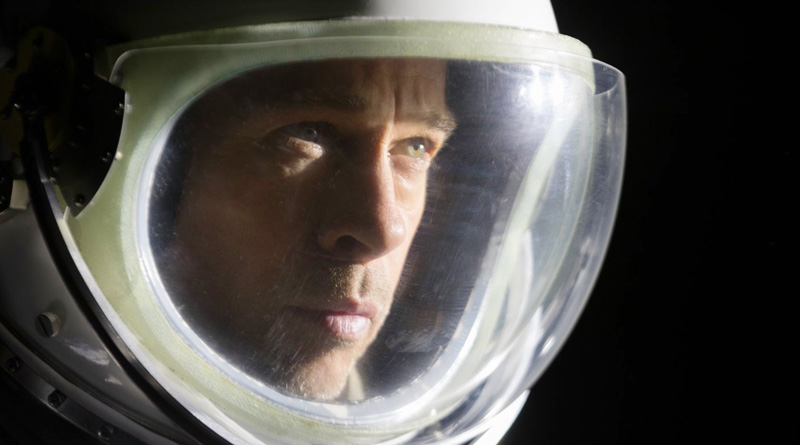Ad Astra (2019) Review
From crime films (1995’s Little Odessa, 2000’s The Yards) to romantic dramas (2008’s Two Lovers, 2013’s The Immigrant) and historical epic (2016’s The Lost City of Z), director James Gray is pretty much a journeyman director who doesn’t restrict himself sticking in the same comfort zone.
And yet, who could have thought that Gray’s latest film happens to be a sci-fi genre? Not only this is his first foray into the aforementioned genre but also marks Gray’s biggest-budgeted film to date, which reportedly cost around US$80-90 million. He proves himself to be an accomplished visual stylist, making excellent use of the budget to create one of the most visually stunning space films in recent years. The special effects are seamless while the entire production design on the outer space sequences has a sense of realism and lived-in feel to it. Both Hoyte Van Hoytema’s mesmerising cinematography and Max Richter’s atmospheric score equally deserved mention as well.
The action setpieces are just as remarkable and impressively staged, namely the vertigo-inducing opening scene on a space antenna and there’s even a Mad Max-like chase scene on the moon.

James Gray and Ethan Gross’ screenplay, however, is a mixed bag. The movie’s would-be inspired homage to Francis Ford Coppola’s Apocalypse Now-like narrative beat and structure, complete with Brad Pitt’s occasionally poetic voiceover narration that feels almost as if it was lifted straight from Terrence Malick’s filmmaking vocabulary (ironically, Pitt used to star in that famously reclusive auteur’s film in The Tree of Life back in 2011).
While the end result did give the movie an overall surreal quality, Ad Astra is strangely devoid of a necessary heart and soul to turn everything into a cohesive whole. Here’s the thing about the main premise of this movie: The story focuses primarily on Roy McBride’s (Pitt) interstellar mission to retrieve his long-missing father (Tommy Lee Jones’ Clifford McBride). But the whole journey over the course of 2 hours long feels both hollow and muted, largely due to the lack of decent, let alone solid father-and-son dynamics between Brad Pitt’s Roy and Tommy Lee Jones’ Clifford. Even a space movie that as seemingly cold and clinical seen in last year’s sadly underappreciated First Man still able to deliver an emotional beat — something which Ad Astra could have achieved otherwise.
As for the cast, Brad Pitt’s first role appearing in a sci-fi film — believe it or not — for over two decades since landing his first Oscar nomination for his memorable supporting role in Terry Gilliam’s 12 Monkeys (1995) is basically front and centre throughout the entire movie. The supporting actors, in the meantime, are mostly relegated to background roles, notably Liv Tyler’s barely-there performance as Roy’s estranged wife Eve.
Back to Brad Pitt, there has been an early Oscar buzz, particularly after the movie’s world premiere at the recent Venice Film Festival surrounding his charismatic leading-man role as Roy McBride. Personally, I found his meditative portrayal is decent at best and far from an award-worthy standard (that honour should go to Pitt’s solid supporting turn in Quentin Tarantino’s Once Upon a Time… in Hollywood instead).





